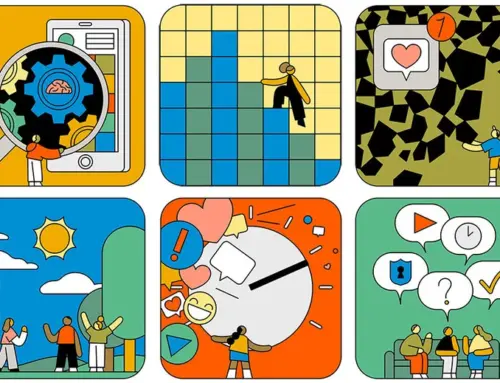New Haven Register
February 2017
February 26 through March 4 marks National Eating Disorders Awareness Week, a national movement shining the spotlight on eating disorders and placing life-saving resources into the hands of those in need.
It’s also a good reminder that eating disorders not only have a profound impact nationally (30 million Americans), but also locally here in Connecticut. According to the National Association of Anorexia Nervosa and Associated Disorders, 3.4 percent of the state’s population has an eating disorder, affecting an estimated 122,000 individuals.
When you hear “eating disorder,” you might think of anorexia or picture a young teenage girl. The reality, though, is that eating disorders can happen to anyone – any age, any gender, any race, any socioeconomic status. They can touch your family, neighbors or friends. Nearly half of Americans know someone with an eating disorder.
Eating disorders aren’t just about anorexia. Actually, anorexia is the rarest form. There’s bulimia, binge eating disorder, avoidant/restrictive food intake disorder, or ARFID, and many other types of disordered eating. What many may not know is binge eating disorder is the most common eating disorder, affecting eight million Americans, three times the cases of anorexia and bulimia combined.
Eating disorders can be devastating. They have the highest mortality rate of any psychiatric disorder. More common health risks include dental decay, hair loss, abnormal heart rates, severe electrolyte imbalances, low blood pressure, immune issues and hair loss. Severe cases of anxiety and depression can result, as can suicide.
What’s more troubling is the stigma, shame and embarrassment around eating disorders. “Why can’t they just eat?” or “It’s just a phase” or “It must be their fault” are phrases I’m tired of hearing. The reality is no one chooses to have an eating disorder, and no one is to blame.
The emotional toll on individuals can be unbearable, to the point of isolation, secrecy and hopelessness. Studies show only 1 in 10 of those with eating disorders receive treatment. Those who don’t often succumb to an unforgiving tailspin of distorted thoughts, harmful behaviors and uncertain futures.
Getting treated for an eating disorder doesn’t involve the many stories of inspiration and bravery you hear from other conditions. You know what, though? Everyone who enters treatment and commits to recovery is a hero in my book.
The good news: there’s more help, more specialized treatment and more personal care than ever before, no matter the type of eating disorder, the severity or one’s background.
Walden Behavioral Care is proud to offer one of the region’s most comprehensive, community-based programming and support for individuals and families across Connecticut and beyond. Our services encompass multiple levels of care, including a clinic in Guilford we opened last year. Since then, we’ve helped guide hundreds of adolescents and adults on their road to recovery.
They are proof that hope will always beat out the stigma and shame.
While Nation Eating Disorders Awareness Week is great in bringing much-needed attention and visibility to these serious mental health conditions, we should never lose sight of the deep impact they bring, and the many inspiring stories of the thousands who recovered.
I challenge you to spend more time to better understand eating disorders, especially their symptoms and warning signs. Then look around your own circle of family, friends or co-workers. Does anything concern you? If so, lend a hand, have an honest discussion or research resources or treatment providers locally here in Connecticut. The best push on one’s road to recovery is taking the step to get help.






